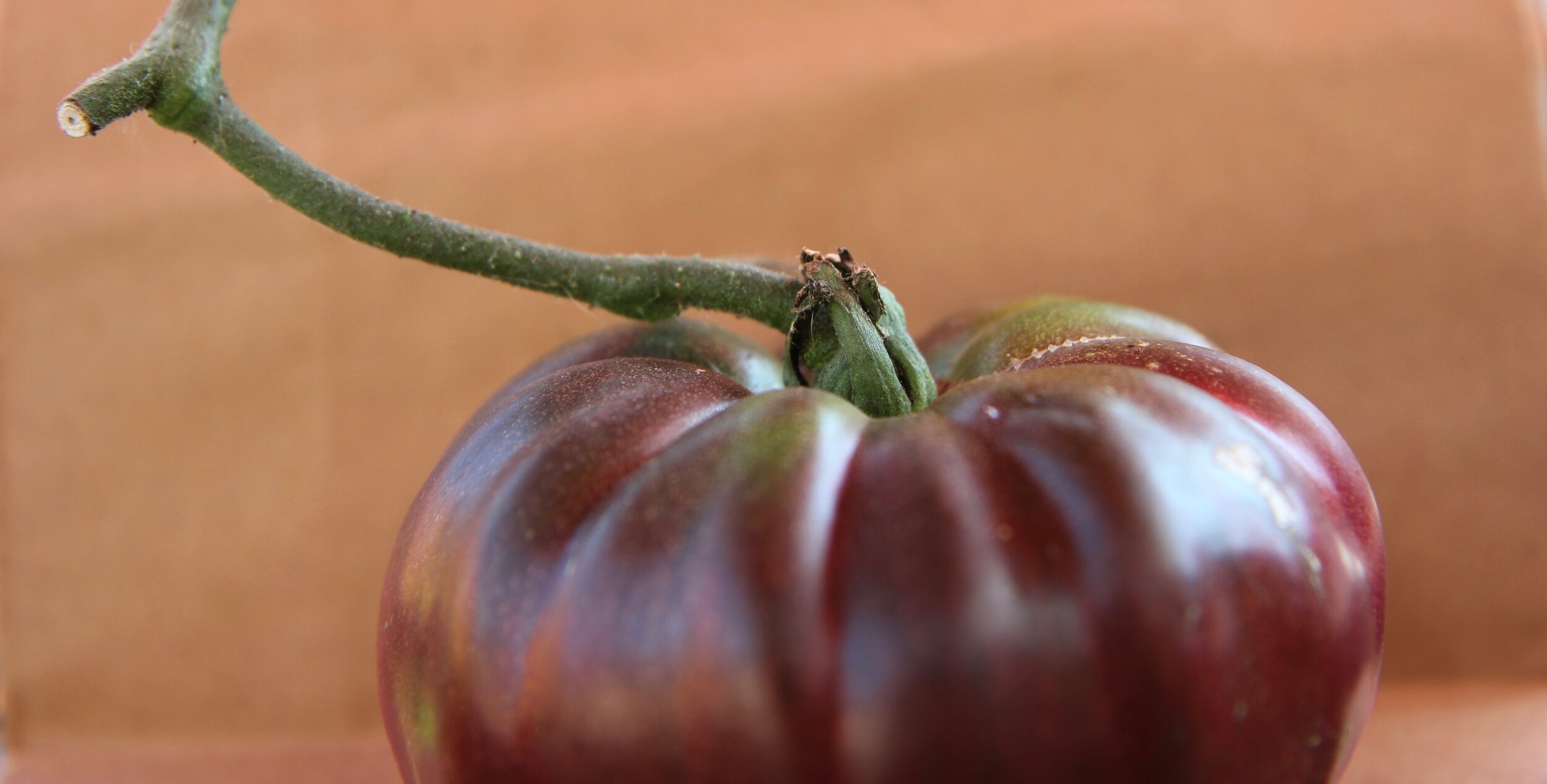
Listen to “The Life of George Floyd,” an episode of Post Reports, a podcast by the Washington Post, and you’ll hear how land was systematically yanked from the hands of Black people.
Floyd’s first free ancestor, Hillary Thomas Stewart, worked on tobacco farms and eventually acquired more than 500 acres of land. But, according to George Floyd’s aunt, he lost all of it to White settlers, who stole it through “deception and fraud.” There was no way to fight back. And Stewart’s story wasn’t unique. It was a pattern: successful Black-owned farms became targets and were often taken from them illegally. (Here’s another article on Floyd’s family history from the LA Times.)
As a matter of justice and reparations, it’s imperative that we put more land back in the hands of Black and Brown people. Because it’s the right thing to do but also because it’s better for the Earth and for all of humanity. In stripping land from Black, Brown, and Indigenous people we have starved ourselves of generations of expertise that could have preserved the land and strengthened food systems. (Start your research by checking out this article, which names just a few ways Black farmers have contributed to agriculture.)
It’s past time to make this right.
As an advocate for local food and as a food writer, this is where I’ve decided to concentrate my professional giving. I give 5% of my earnings from this business to Black farmers and regional organizations that support them.
Each month, Pearl & Ink contributes to these two organizations:
Black Food Sovereignty Coalition
The mission of the Black Food Sovereignty Coalition is to “ignite Black and brown communities to participate as owners and movement leaders within food systems, placemaking, and economic development.” They run Black Futures Farm in Portland, Oregon and Howell Territorial Farm on Wapato (Sauvie) Island. Their program, Grandma’s Hands, “is a platform for Black grandmothers to share family recipes and food traditions with future generations.” Their flagship program, Back to the Root, is a Black growers conference that they launched in 2019. In its second year, the conference brought more than 130 BIPOC “growers, farmers, producers, educators, advocates, and ranchers” together from Oregon, Washington, and California to network, learn from one another, and strategize. These folks are amazing!
Black Farmers Collective
I love the home page introduction to the Black Farmers Collective: “The Black Farmers Collective is a group of urban food system activists dedicated to providing opportunities to improve the health of our communities through all aspects of the food system…Our vision is based in the need for a place for African American leadership on the land, the Kwanzaa principle of cooperative economics, and the realization that mitigating the climate crisis requires action to support local production, carbon sequestration, and natural habitat creation.” Last summer, they signed a lease on a four-acre teaching farm in Woodinville where “new BIPOC farmers can have access to land and start farming with as few barriers as possible.” They also run Yes Farm, a two-acre farm in Seattle. These folks are doing incredible work!
Pearl & Ink also supports:
Bunkhouse Acres
Shellie-Ann describes her land as “a nascent farm and bread school in the Middle Satsop Valley.” How I love that! She’s working to create a sustainable 20-acre farm using “regenerative land management techniques from permaculture to biodynamic farming and companion planting.” She farms just 40 miles from where I live. I’m so excited to support Shellie-Ann as she grows food right here in our region.
Canoe Journey Herbalists
This group is raising money to purchase land to create a “centralized home for Intertribal Indigenous medicine and food sovereignty in the Salish Sea area.” They’ve made great strides toward their goal. This land will “serve as a strong taproot that will nourish and support our vibrant and growing community organizing and education. This sovereign land will be equipped with teaching gardens for food and medicine as well as needed access to safe and sacred green space for the Intertribal Indigenous and BIPOC communities that we serve and collaborate with.” Give what you can to help give Land Back to people who have been its original caretakers since time immemorial.
Haki Farmers Collective
Haki’s mission is to “bolster and reincorporate traditional and inherently sustainable farming knowledge that is present in our migrant and indigenous communities. By holding close decolonization frameworks, Haki seeks to encourage people of color, including indigenous peoples and the black descendants of American slavery, to reclaim life-giving knowledge of sustainable farming and plant medicine creation.” Support Haki to help make land ownership a reality for Black and Indigenous people. (And check out their awesome Black Farmers Matter page)
